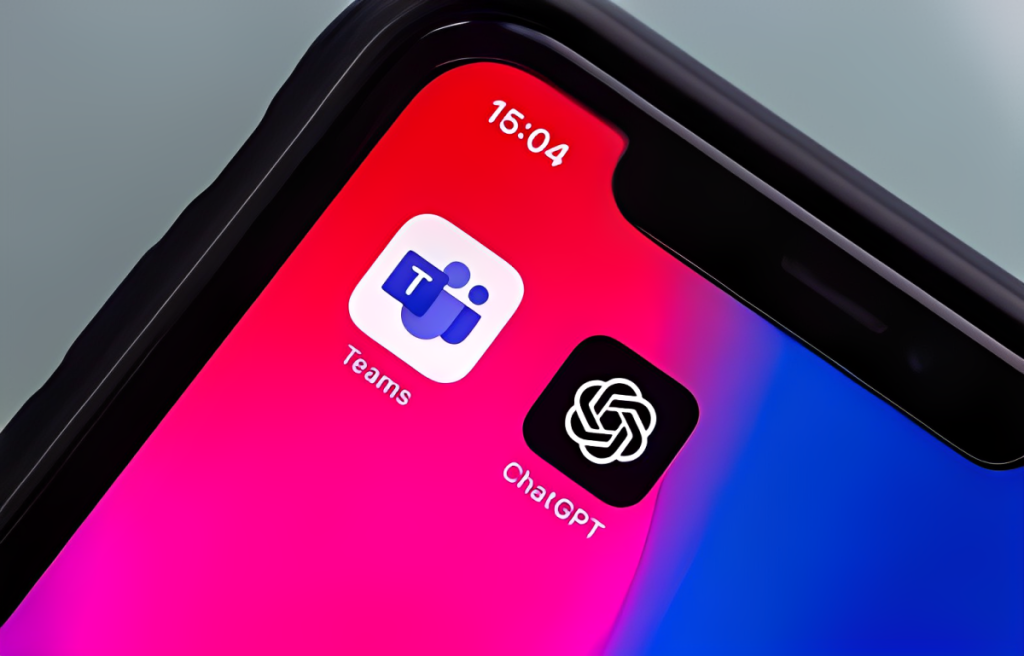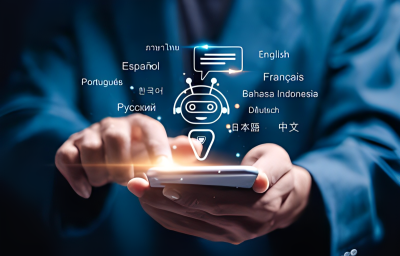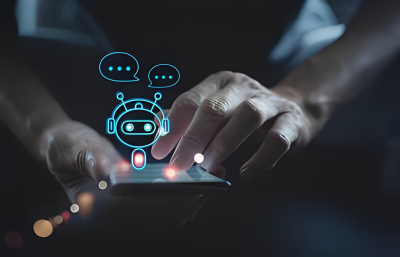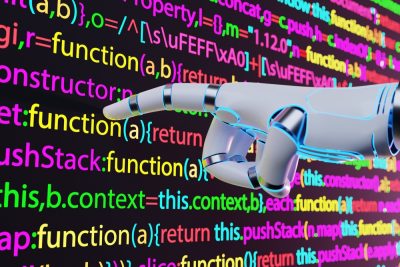Highlights:
- OpenAI stated that the fundamental concept behind the memory feature is to enhance ChatGPT’s conversational abilities by incorporating context from previous discussions.
- OpenAI is also introducing Temporary Chat, enabling users to interact with the chatbot without allowing the memory to function.
OpenAI has recently disclosed plans to equip GPT-4 and ChatGPT models with a memory feature. With this, the models can retain information from past user interactions.
The theory behind this is that ChatGPT will be able to prevent repetition and improve the overall quality of its conversations if it can recall previous exchanges. According to the company, free and paid users can edit any information they do not want to be saved when using the memory feature.
Users will have the option to deactivate the memory feature entirely if they wish. This can be easily achieved by instructing ChatGPT in natural language to disable the memory capability. Alternatively, users can manually navigate to Settings and gt; Personalization and gt; Manage Memory and switch it off.
OpenAI explained that the fundamental concept behind incorporating memory is to enhance ChatGPT’s conversational abilities by incorporating context from previous discussions. Armed with this context, OpenAI asserts that the bot can give users more precise and valuable information. Additionally, the Memories feature will play a role in enhancing the company’s large language models.
Currently, in beta, the feature is restricted to a select group of ChatGPT users and Plus subscribers, with a broader release scheduled for later in the year.
Furthermore, the memory capabilities will be extended to GPT-powered chatbots. This implies that developers using the technology for their virtual assistants and customer service bots can also integrate this feature. Like regular users, developers can turn the memory feature on or off. Users will also have an option, according to OpenAI, since interacting with other GPT bots with memory enabled requires having Memory enabled in one’s profile.
Nevertheless, OpenAI assured users that it will not share user memories with developers. According to the company, the memories stored within ChatGPT will remain confidential and won’t be shared with other GPT bots, and vice versa. Each GPT instance will maintain its own distinct memory.
In conjunction with the new feature, OpenAI is introducing a capability known as Temporary Chat. This function permits users to engage with the chatbot without enabling the memory feature. Consequently, no data will be retained from temporary chats, and OpenAI will not utilize the information to train its large language models (LLMs). The company drew a parallel, likening it to the experience of opening an incognito tab in Google Chrome.
Incorporating the Memory feature follows OpenAI’s introduction of another personalization feature called Custom Instructions for both free and paid users in November. Custom Instructions empower users to furnish information to ChatGPT, guiding how they prefer it to respond. For example, users can instruct the bot to present summaries using bullet points in all of its responses.













